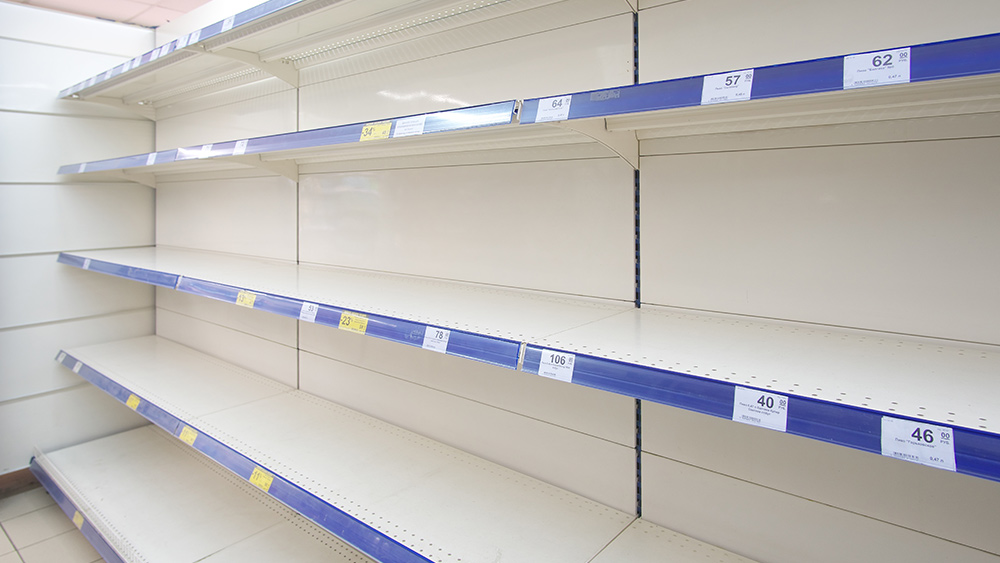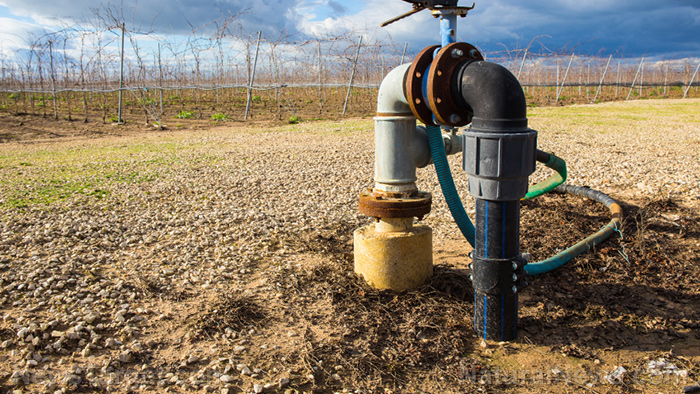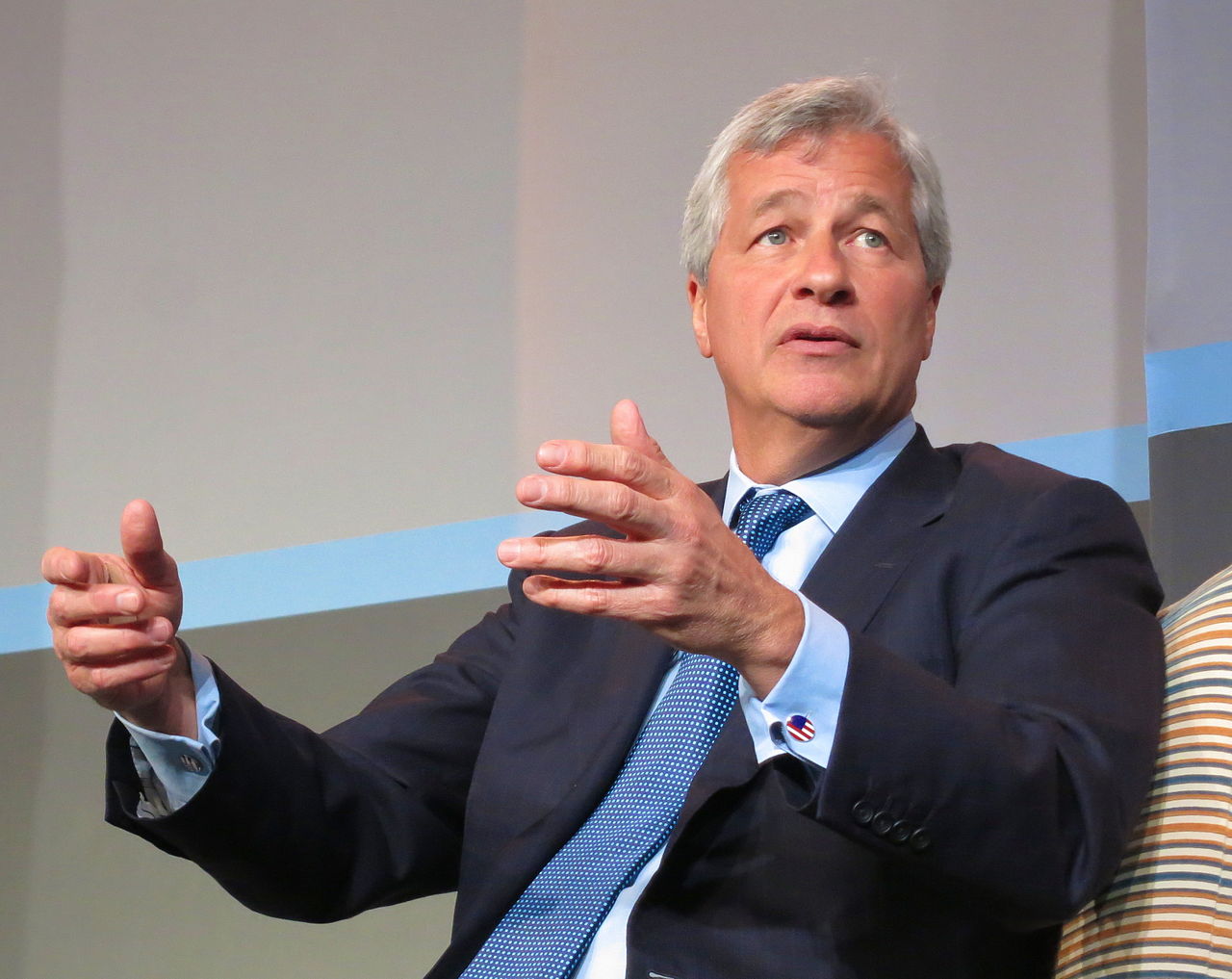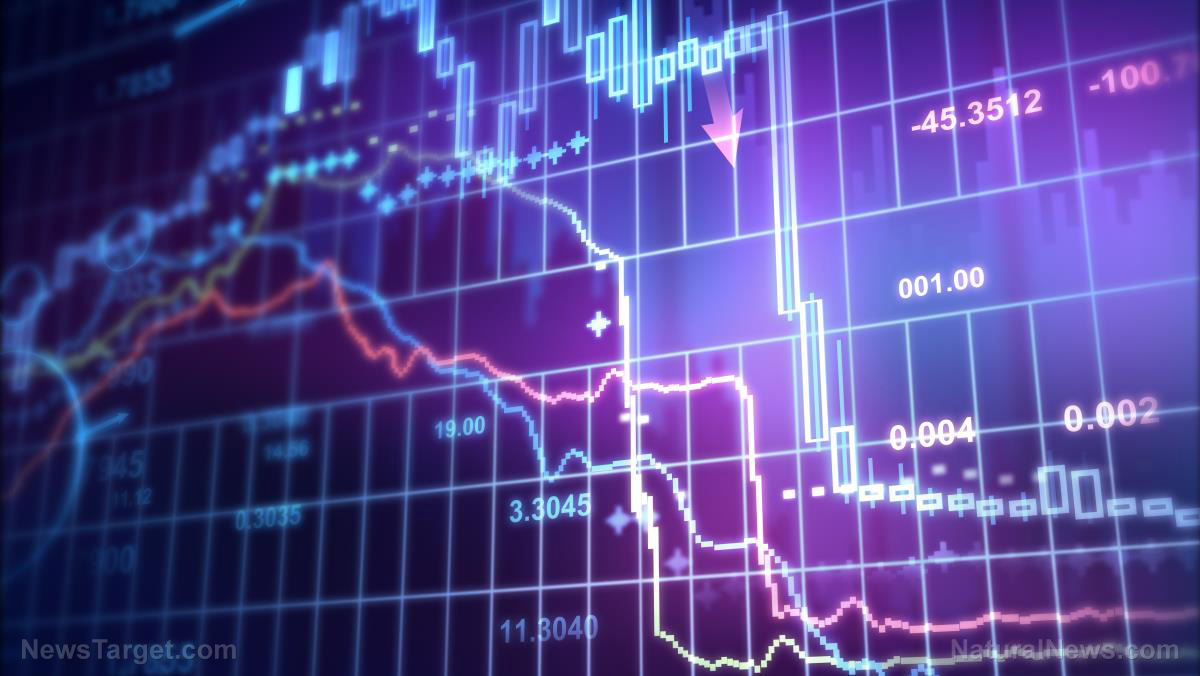Bhutan facing food shortages following India’s wheat export ban
05/27/2022 / By Arsenio Toledo
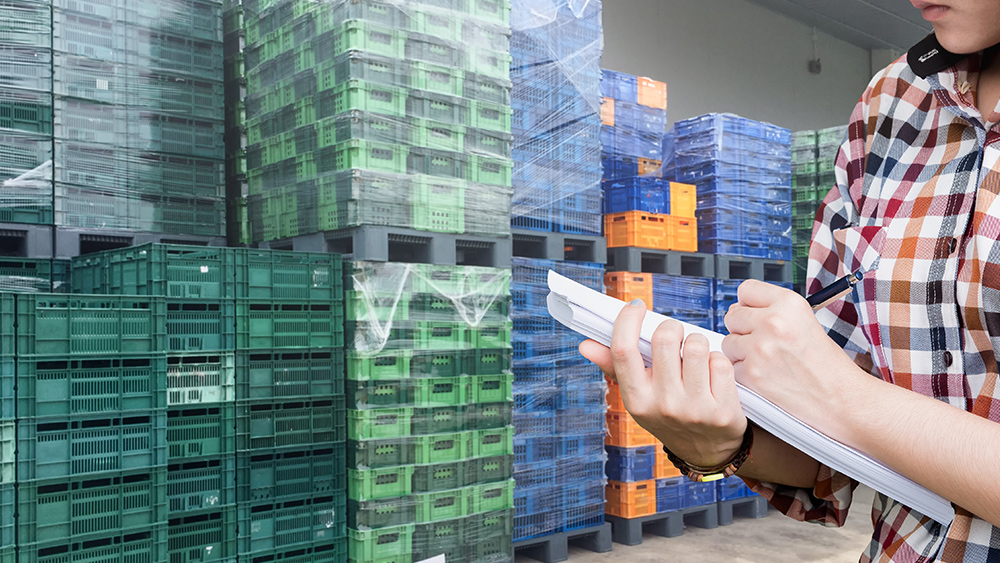
Global grain shortages, the rising cost of importing fuel and export bans on food have led to a surge in domestic food prices and the risk of food shortages for the South Asian nation of Bhutan.
Bhutan, a tiny landlocked country sandwiched between India and China and with a population of less than 800,000, is unfortunately not immune to the global economic fallout of the war in Ukraine. The sanctions imposed upon Russia and the blockade of any exports coming out of Ukraine have led to a spike in global crude oil and grain prices. (Related: Ukraine reports two-thirds decrease in grain exports while global wheat prices skyrocket.)
This comes after Bhutan’s economy was starting to recover as it rolled back most Wuhan coronavirus (COVID-19) restrictions.
“Scarcity of food commodities could fuel inflation higher,” noted Minister for Economic Affairs Loknath Sharma.
Sharma added that the government was worried about the impact of export restrictions on grains by some countries. Though he did not name any country, it is clear that he was referring to India, which banned the export of wheat in early May.
India has defended its decision to ban exports after initially saying it would do its part in helping ease a global supply crunch created by the disappearance of Ukrainian and Russian wheat in the global market.
Indian Minister of Commerce and Industry Piyush Goyal said Wednesday, May 25, that allowing more Indian wheat to be exported would affect the stability of grain prices in a country where inflation is already making it more difficult for people to purchase food. He added that India’s decision is no different from that of many other nations that still have export restrictions in place.
“Today, 22 countries of Europe have regulations on exports to protect their food security,” said Goyal. “Different countries in different points in time had to take extraordinary measures in public interest.”
Bhutan’s economy will continue to suffer unless India ends export ban
Bhutan’s economy is closely intertwined with that of India. In 2019, 94 percent of Bhutan’s exports went to India and 85 percent of the country’s imports came from India.
The ngultrum, Bhutan’s currency, is pegged to the value of the Indian rupee. During times of economic growth, this is a boon for the Bhutanese economy. But during this period of economic collapse, it only represents a risk for the country.
India’s year-over-year inflation already rose to an eight-year high of 7.8 percent in April.
Bhutan depends on food imports to meet local demand. In 2021, it spent $30.35 million importing cereals, mainly rice and wheat from India.
Local industry leaders are concerned by India’s recent export restrictions and believe that the lack of plentiful supply will only make food inflation worse.
“We are deeply concerned about food supplies,” said Sangay Dorji, secretary-general of the Bhutan Chambers of Commerce and Industry. “After fuel inflation, this will worsen [the local economy].”
A report by the World Bank has noted that the $3 billion economy of Bhutan has been contracting for the past two years, pushing more people into poverty and further straining the government’s ability to procure enough funds in its budget to import food.
Furthermore, the number of Bhutanese residents living at or below the poverty level has only grown since before the pandemic.
“About 29 percent of households are still worried about running out of food,” read the World Bank report. “Of these, almost half curtailed food consumption as a precautionary measure.”
The report added that people living in rural areas were more likely to eat smaller meals or skip them entirely.
In Bhutan itself, rising food prices are elevating inflation beyond levels seen in the previous fiscal year. The government has already raised the price of retail petrol and diesel for the second time in a fortnight over concerns it could start losing money over the rising cost of importing oil.
Unless India budges from its position regarding food exports, it is likely the food crisis in Bhutan will only get worse.
Learn more about surging global food prices at FoodInflation.news.
Watch this episode of the “Health Ranger Report” as Mike Adams, the Health Ranger, talks about how the deliberate destruction of food supplies is accelerating worldwide.
This video is from the Health Ranger Report channel on Brighteon.com.
More related stories:
Corn, soybean, wheat, oat planting in the US now far behind their five-year averages.
Bank of England governor warns of coming “apocalyptic” global food shortage.
India cuts off wheat exports amid skyrocketing prices, destructive heatwave.
Possibility of poor wheat harvest in China increases fears of global food collapse.
Sources include:
Submit a correction >>
Tagged Under:
Bhutan, big government, chaos, economic collapse, export restrictions, famine, food collapse, food exports, food imports, food inflation, food prices, food shortage, food supply, hunger, India, panic, protectionism, rationing, scarcity, starvation
This article may contain statements that reflect the opinion of the author
RECENT NEWS & ARTICLES
COPYRIGHT © 2018 PANIC.NEWS
All content posted on this site is protected under Free Speech. Panic.news is not responsible for content written by contributing authors. The information on this site is provided for educational and entertainment purposes only. It is not intended as a substitute for professional advice of any kind. Panic.news assumes no responsibility for the use or misuse of this material. All trademarks, registered trademarks and service marks mentioned on this site are the property of their respective owners.




